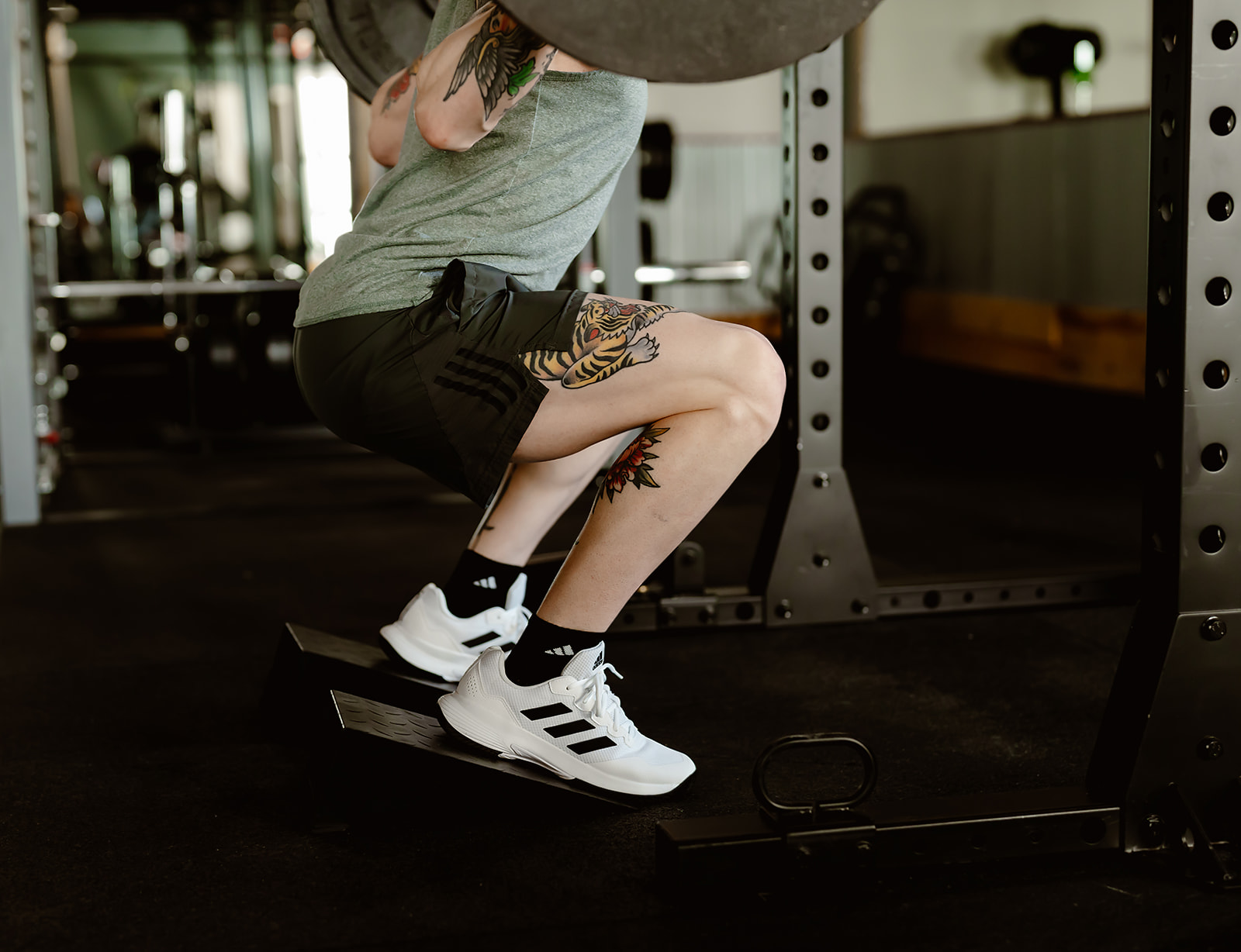Building muscles isn’t just about hitting the weights; it’s about fueling your body with the right nutrients to support growth and recovery. Think of nutrition as the architect behind your muscle-building masterpiece. Without the right blueprint, your gains might end up looking more like a sketchy DIY project. Explore the comprehensive nutritional aspects of building muscle, including the role of carbohydrates, fats, and effects of alcohol.
Why Is Nutrition For Muscle Gain So Important?
Nutrition forms the foundation of muscle growth, providing the necessary fuel and building blocks for strength and recovery. Without proper nutrition, your body lacks the resources it needs to repair and build muscle tissue efficiently. According to the Journal of International Society of Sports Nutrition (ISSN), maintaining an energy-deficient diet during training may lead to loss of muscle mass, strength, and bone mineral density, along with an increased susceptibility to illness and injuries. Additionally, disturbances in immune, endocrine, and reproductive function, as well as an increased prevalence of overreaching and overtraining, can occur. By prioritizing nutrient-rich foods and optimizing your macronutrient intake, you can maximize muscle growth and achieve your fitness goals effectively.
Tips to Eat for Muscle Growth
Eat Frequently and Enough
Spreading your meals throughout the day ensures your muscles have a constant supply of nutrients. Most a the literature suggests that a calorie surplus of around 350 to 500 calories, along with regular resistance training, is essential for muscle growth. By eating more frequently, you not only keep your energy levels stable but also provide your muscles with a steady stream of nutrients to support growth and repair. So, don’t skip those snacks—your muscles will thank you for the continuous fuel supply.
Focus on Carbs
Carbohydrates are a type of macronutrient. People in a general fitness program that are not necessarily training to meet any type of performance goal can typically meet daily carbohydrate needs by consuming a normal diet, which usually consists of 45–55% carbohydrates. However, athletes involved in moderate and high-volume training need greater amounts of carbohydrates to fuel their workouts and support muscle growth. Recommendations for the average Joe in a maintenance phase hover around 2-5 grams per kilogram of body weight. Conversely, for individuals focused on muscle building, recommendations often suggest consuming 2-3 grams of carbohydrates per pound of body weight. Whether you’re hitting the gym for casual workouts or training like an athlete, prioritizing carbohydrates ensures your muscles have the energy they need to perform at their best.
Eat Protein
We’ve discussed this at length, and it’s worth reiterating: the Recommended Dietary Allowance (RDA) for protein is not enough, it’s merely a minimum recommended survival amount. If you’re active, you need more. And if you’re building muscle, you need a ton more. Research spanning the past 30 years has indicated that those engaged in intense training need to eat way more protein than the RDA states. The International Society of Sports Nutrition (ISSN) produced a recommendation based on studies, suggesting that people involved in moderate amounts of intense training consume 1.2–2.0 grams per kilogram of body weight per day of protein. Athletes engaged in high-volume, intense training may need even more, ranging from 1.7–2.2 grams per kilogram of body weight per day. For those preferring to think in pounds, that’s around 1 gram per pound of body weight, which aligns with what we’ve discussed in previous episodes. So, load up on lean meats, eggs, and dairy like your muscles depend on it—because they do.
Don’t Avoid Fat
Healthy fats are the unsung heroes of muscle growth. They keep your joints lubricated and your hormones happy, so don’t be afraid to butter up your broccoli or drizzle olive oil on things.
For general fitness, 25–35% fat is the recommendation and those with moderate to high volume training may need more. (up to 50% of daily calories can be safely ingested by athletes during regular high-volume training).
This all depends on how your body works with fat vs. carb breakdown but these are “general” recommendations. There has been some research that suggests that higher fat diets do help maintain testosterone when compared to lower fat diets. Fat should be an essential part of your diet in some way.
Calories Count
Gaining muscle means eating more than you burn, but that doesn’t give you a free pass to dive headfirst into a pile of donuts. Instead, it’s about finding the right balance, and macro tracking can be a useful tool in achieving this. Focus on nutrient-dense foods that provide a balance of carbohydrates, protein, and fats. So, load up on lean meats, whole grains, fruits, and vegetables to support your muscle-building goals while keeping your overall health in check.
Drink Shakes if Needed
When life gets busy, protein shakes are your saving grace. While whole foods should be the majority of your diet, utilizing a higher quality protein powder for days when you need additional protein is a great supplement plan. Remember that protein powder is a “supplement” to your regular, whole-food based diet.
Foods to Eat for Muscle Growth
Eggs: Nature’s protein bombs, eggs are the breakfast of champions. Whether you like them scrambled, fried, or in an omelet, these little orbs of goodness will have your muscles shouting, “Bravo!”
Salmon: Fish might not be everyone’s cup of tea, but salmon is the exception. Packed with omega-3 fatty acids and protein, it’s the aquatic superhero your muscles deserve.
Greek Yogurt: Move over, regular yogurt—Greek yogurt is here to steal the spotlight. With its creamy texture and protein punch, it’s like a muscle-building party in your mouth.
Meat: Calling all carnivores! Lean meats like chicken, turkey, and beef are muscle-building powerhouses. Fire up the grill and sink your teeth into some protein-packed goodness.
Beans: Don’t underestimate the humble bean—they’re a plant-based protein powerhouse. Whether you’re into black beans, chickpeas, or lentils, these legumes will have your muscles flexing with gratitude.
Nuts: When hunger strikes, reach for a handful of nuts. Not only are they crunchy and delicious, but they’re also packed with healthy fats and some protein to keep your muscles fueled and ready for action.
What Foods Should You Avoid
Ultra-Processed Foods: Say “no thanks” to anything that comes in a shiny wrapper and promises instant gratification. These processed pitfalls might taste good in the moment, but they’ll leave your muscles feeling like they’ve been hit by a wrecking ball.
Alcohol: We all love a good party, but too much booze can put a damper on your gains. Save the shots for special occasions and stick to water if you want your muscles to thank you later.
Refined Carbs: White bread, sugary cereals, and other refined carbs might taste like heaven, but they’ll send your blood sugar—and your gains—on a rollercoaster ride.
Added Sugars: Candy, soda, and other sugary treats might seem like a sweet deal, but they’re just empty calories in disguise. Save your sugar quota for nutrient-dense foods that actually fuel your muscles.
Final Thoughts on Muscle Growth Through Nutrition
When it comes to building muscle, what you eat matters just as much as how much you lift. So, don’t skimp on the good stuff—load up on nutrient-rich foods, stay hydrated, and treat your body like the temple of gains it is. With a lot of dedication, you’ll be flexing those muscles like a boss in no time.
Resources:
https://www.healthline.com/nutrition/26-muscle-building-foods#muscle-building-foods
https://jissn.biomedcentral.com/articles/10.1186/s12970-018-0242-y



